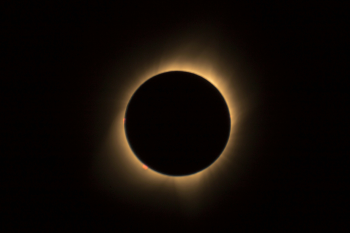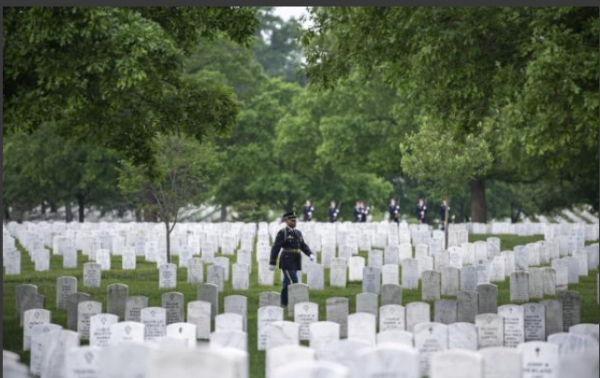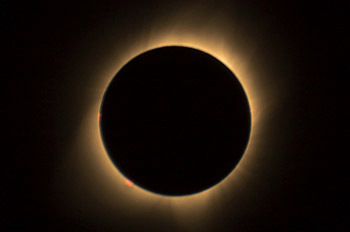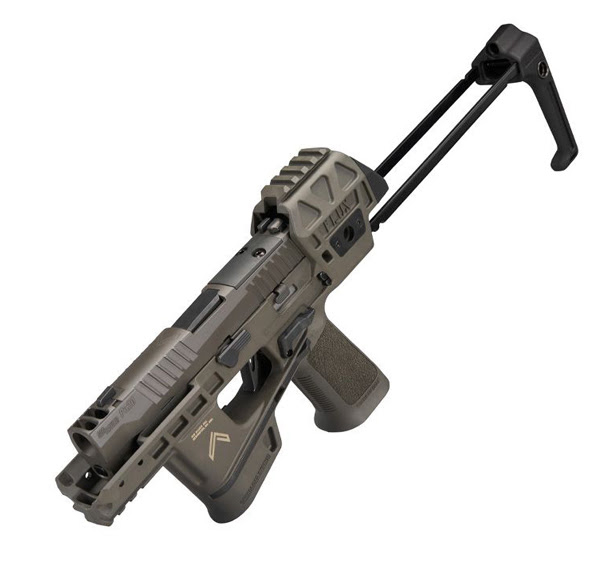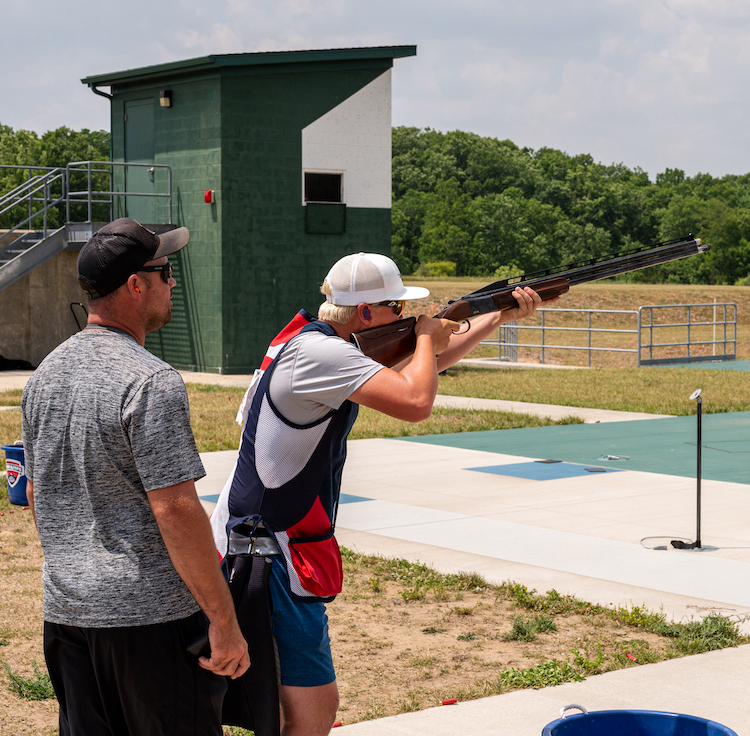1948 Olympian Walter Walsh To Celebrate 106th

NOTE: This story was previously released on March 20, 2013, upon confirmation that Walter Walsh had become the world’s oldest Olympian. We reuse the story here in honor of Walsh’s 106th Birthday with new updates and a quote from his family.
Having already set Olympic precedence, Walter Walsh keeps going. On Saturday, May 4, the 1948 Olympic shooter will celebrate his 106th birthday.
Earlier this year, January 18 to be exact, Walsh eclipse another American Olympian, Rudolf Schrader, as the oldest Olympian in history.
His son, Walter Walsh, Jr., had this to say on March 26 when reaching out to the family regarding Walsh’s accomplishments.
“On behalf of my father and our family, thanks to all for the many expressions of respect and kindness Dad is receiving on this occasion,” said Walter Walsh, Jr., one of Walter’s five children. “Dad never attached much importance to praise or sought it. His typical comment at such times was, ‘I was just one who was at that place and time to do a job as well as I could, nothing more.’ Any celebrity he gained never changed his being the faithful Marine “Semper Fidelis” or measuring up to the FBI’s “Fidelity Bravery Integrity”, as well as he could. He strove to be the Olympian, “Citius, Altius, Fortius”, but was as gracious in losing as winning. Happily, his children, grands and greats share in the recognition of who Dad is, his accomplishments and importantly, his consistent moral character that established a high standard for us. As he approaches his 106th birthday, Dad wants everyone to know that he in good health, still enjoying life and doing ‘as well as he can’.”
For a complete list of Olympic Centenarians, check out Olympic historian Paul Tchir’s list. According to Tchir, the next oldest Olympian is Swiss Hans Erni who also competed in London with Walsh when art was then an Olympic competition. Currently, there are just six Olympians in total still living beyond the century mark.
Ralph Waldo Emerson once wrote, “It’s not the age of life, but the depth of life.” On this occasion, we get to proudly celebrate both. Walsh was born May 4, 1907 in New Jersey and his life has been one of service, honor, accomplishment and compelling narrative.
He crafted his shooting life as a kid by using a BB gun to shoot clothespins off his Aunt’s clothesline then graduating at the age of 12 to shooting a smoothbore .22 caliber rifle at rats in the city dump on the site where the Meadowlands would one day stand. He’d later go onto to join the Civilian Military Training Corps (CMTC) and the New Jersey National Guard attending shooting matches at the Civilian Marksmanship Program in Camp Perry, Ohio, and winning several awards for his marksmanship skills.
The G-Man
Walsh graduated from Rutgers law school and in 1934 joined the FBI. Not long after he was tracking down notorious crime figures and gang members. As a rookie FBI agent, he discovered the body of Chicago gangster Baby Face Nelson after a shootout that left two FBI agents dead.
“Think about that,” said Alan Abrahamson, an Olympic journalist known to be the last person to interview Walsh and his family back in 2011. “Just 27, in the midst of the Depression, he was a G-Man – when the bureau was very much still making its reputation. He helped make it.”
A year later, Walter helped apprehend Arthur “Doc” Barker of the infamous Barker Gang. Barker complained about being arrested by a “damn baby-faced kid.” That very same day, Walter shot and killed gangster Rusty Gibson.
In 1937, posed as a salesman in a sporting goods store in Bangor, Maine, he helped bring down the Brady Gang, but not before taking two bullets, one to the chest and the other to his right hand. He shot both James Dalhover and gang leader Al Brady after being shot.
He liked being with the bureau and once told a reporter: “I thought to myself, this might be a good outfit to tie up with. I am not trying to pin medals on myself, but the people in the FBI knew that I was very handy with firearms.”
The Corpsman
In 1938, he took a commission as a second lieutenant in the Marine Corps Reserve and by 1942 Walter Walsh went on active duty. In 1944, drawn by the intensity of World War II, he longed for a spot on the front lines, a spot he would get as a lieutenant colonel staff officer in the First Marine Division.
Similar to his FBI career, accounts of his courageousness and spirit as a Marine, fighting in World War II, are legendary. After another brief return to the FBI and the 1948 Olympic Games in London, Walsh would serve another 20-plus years in the Marines Corps as a shooting instructor until his retirement.
The Olympian
In 1948, Walsh got to test his shooting prowess against the Olympic competition as a member of Team USA in London. He placed 12th in the Men’s 50m Free Pistol event with a firearm that at the time was fairly uncommon in the United States.

